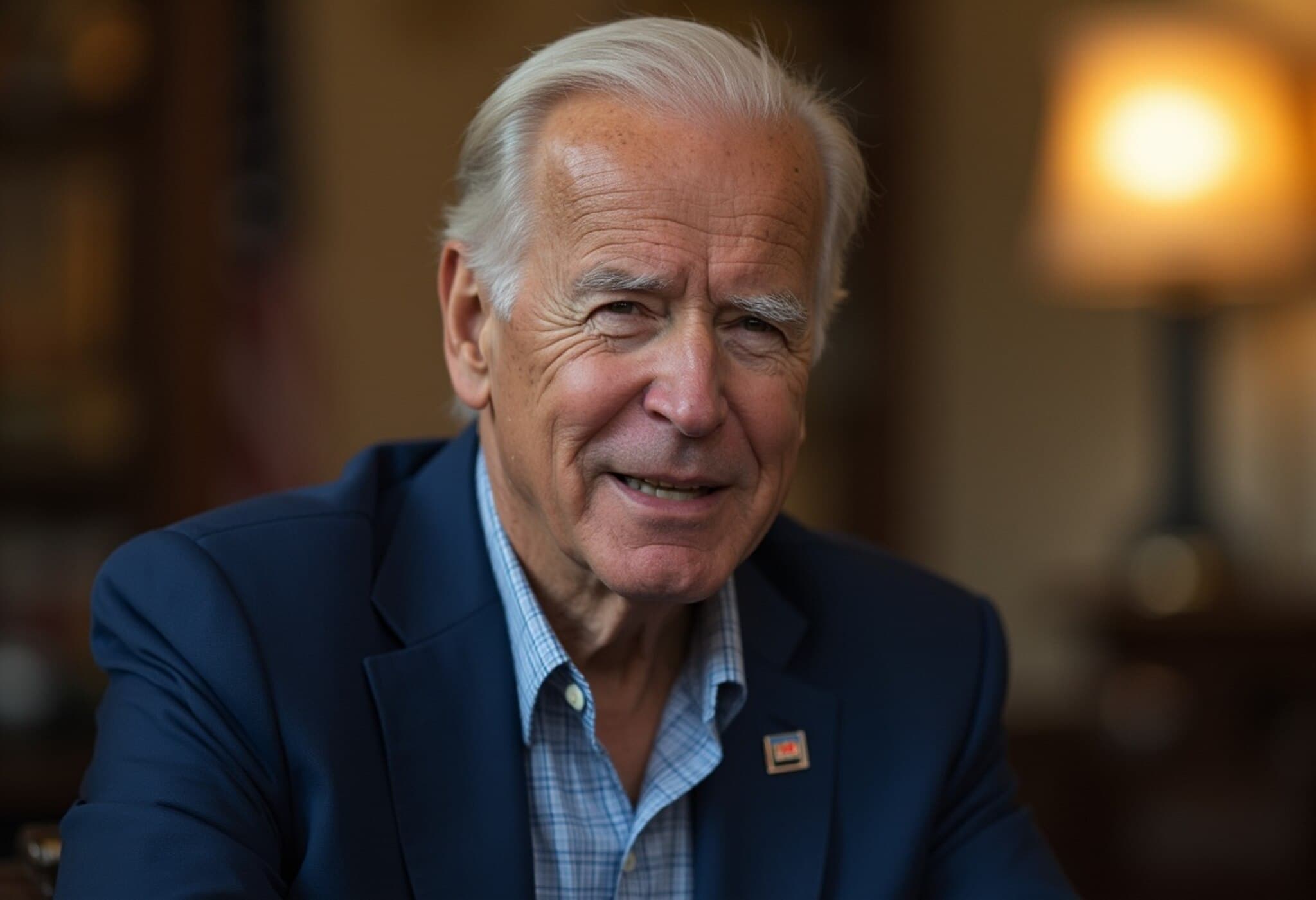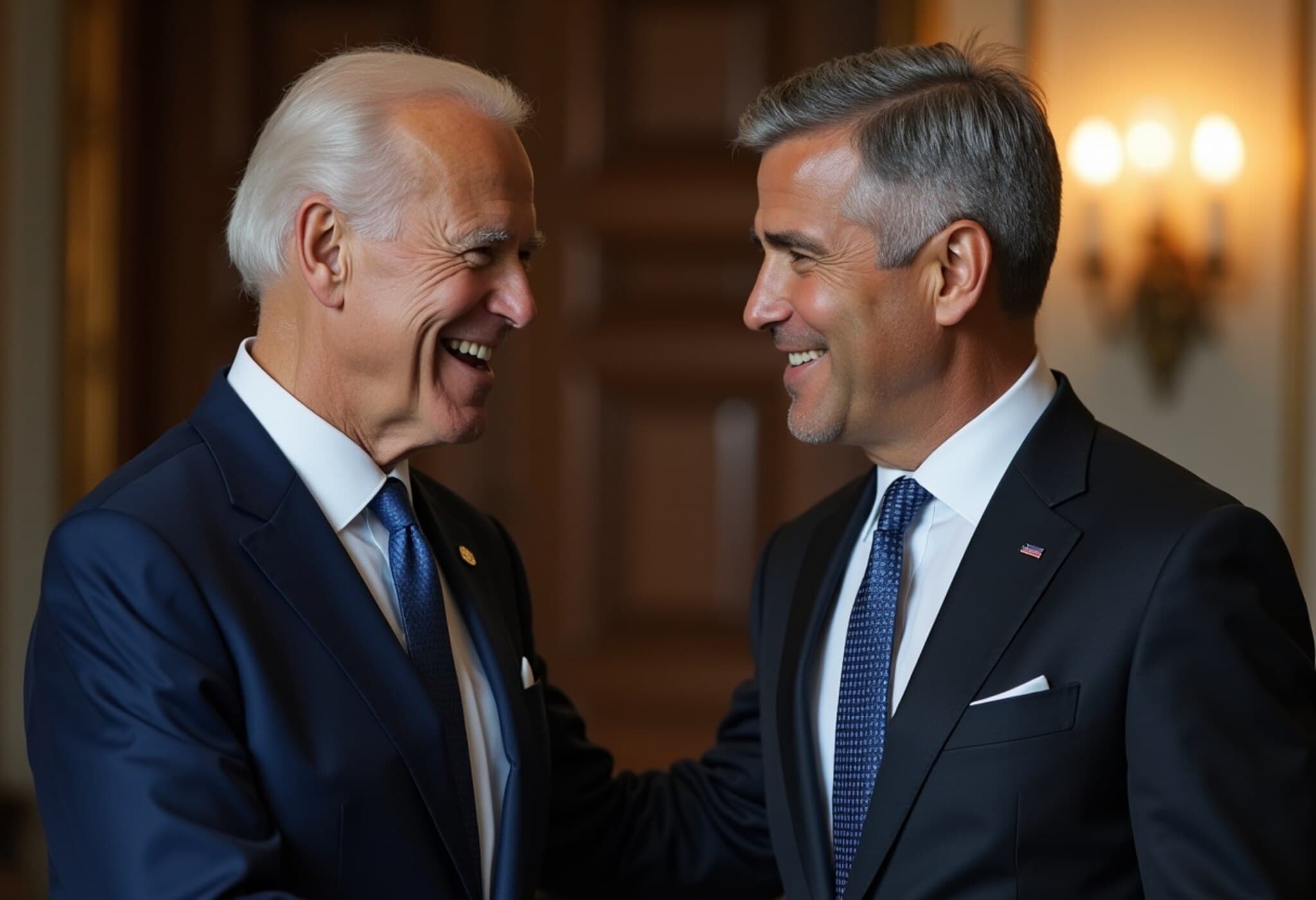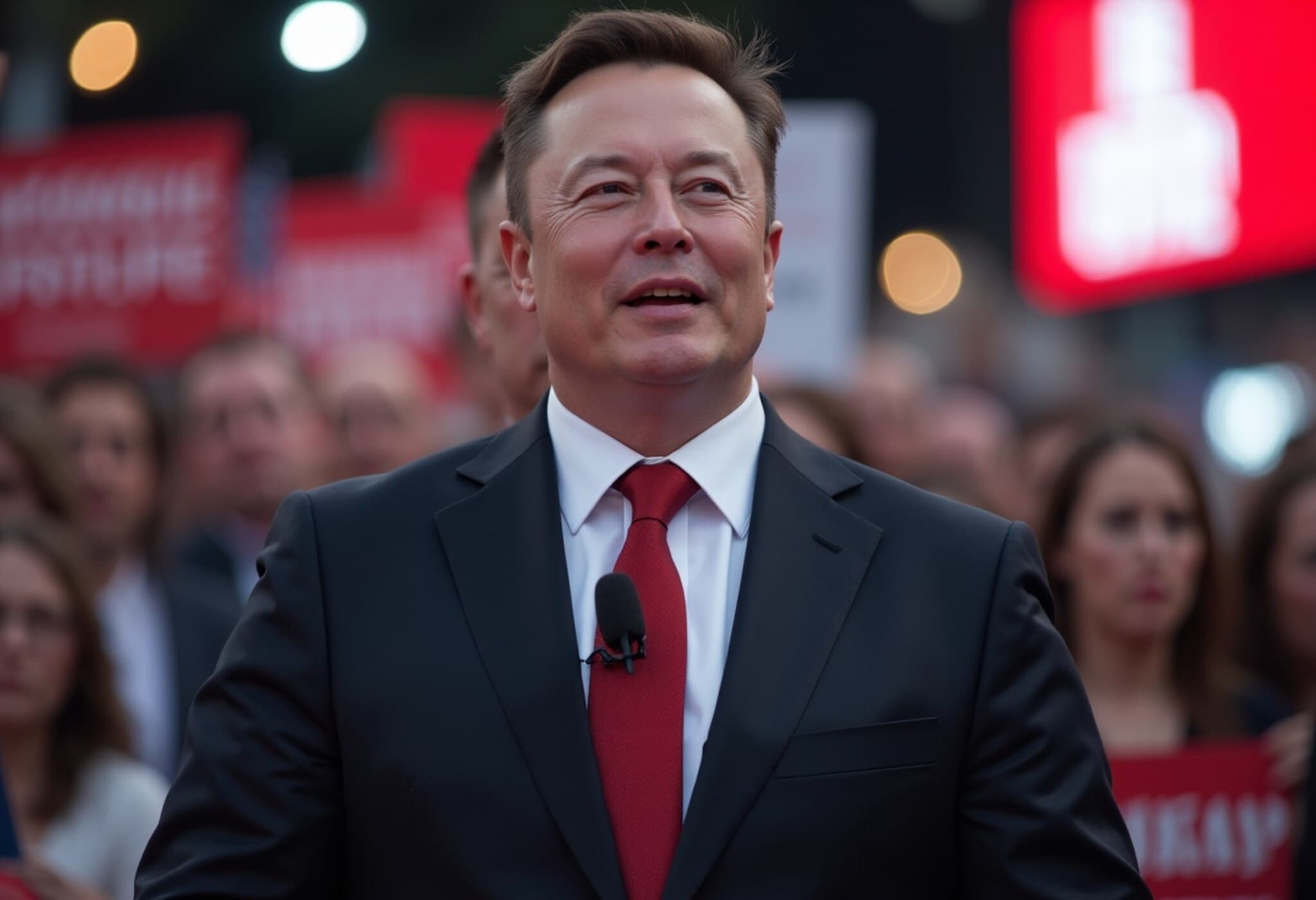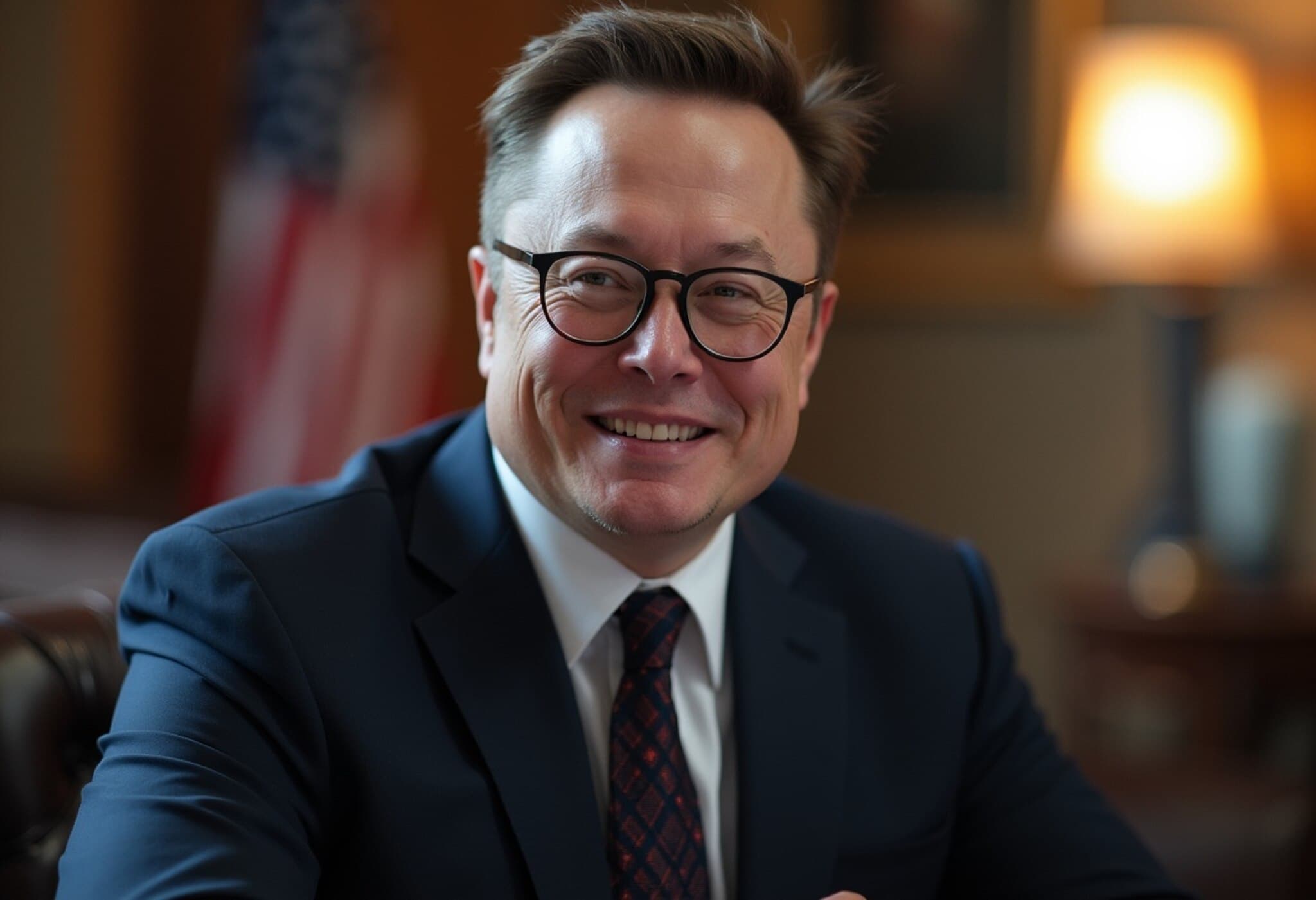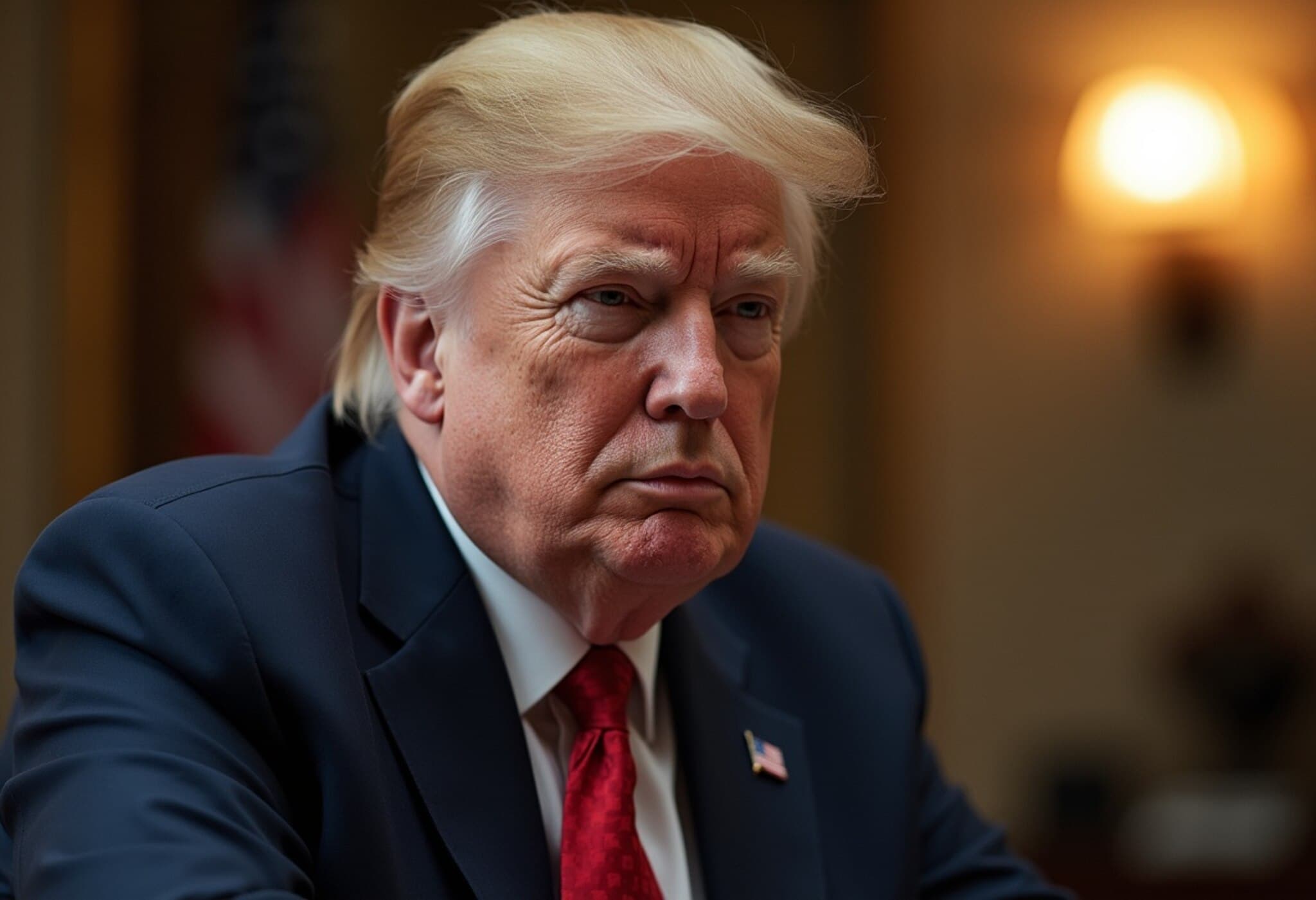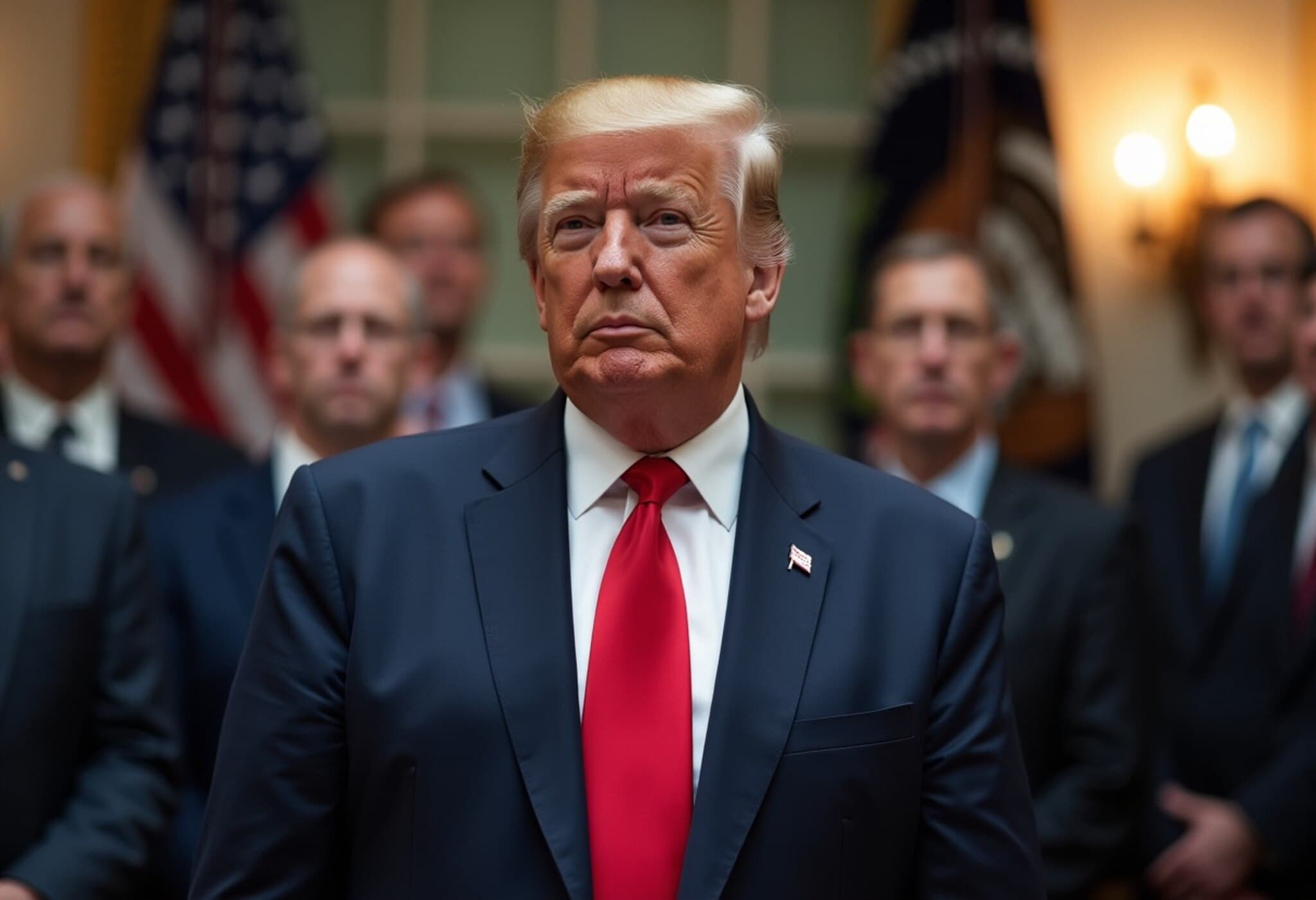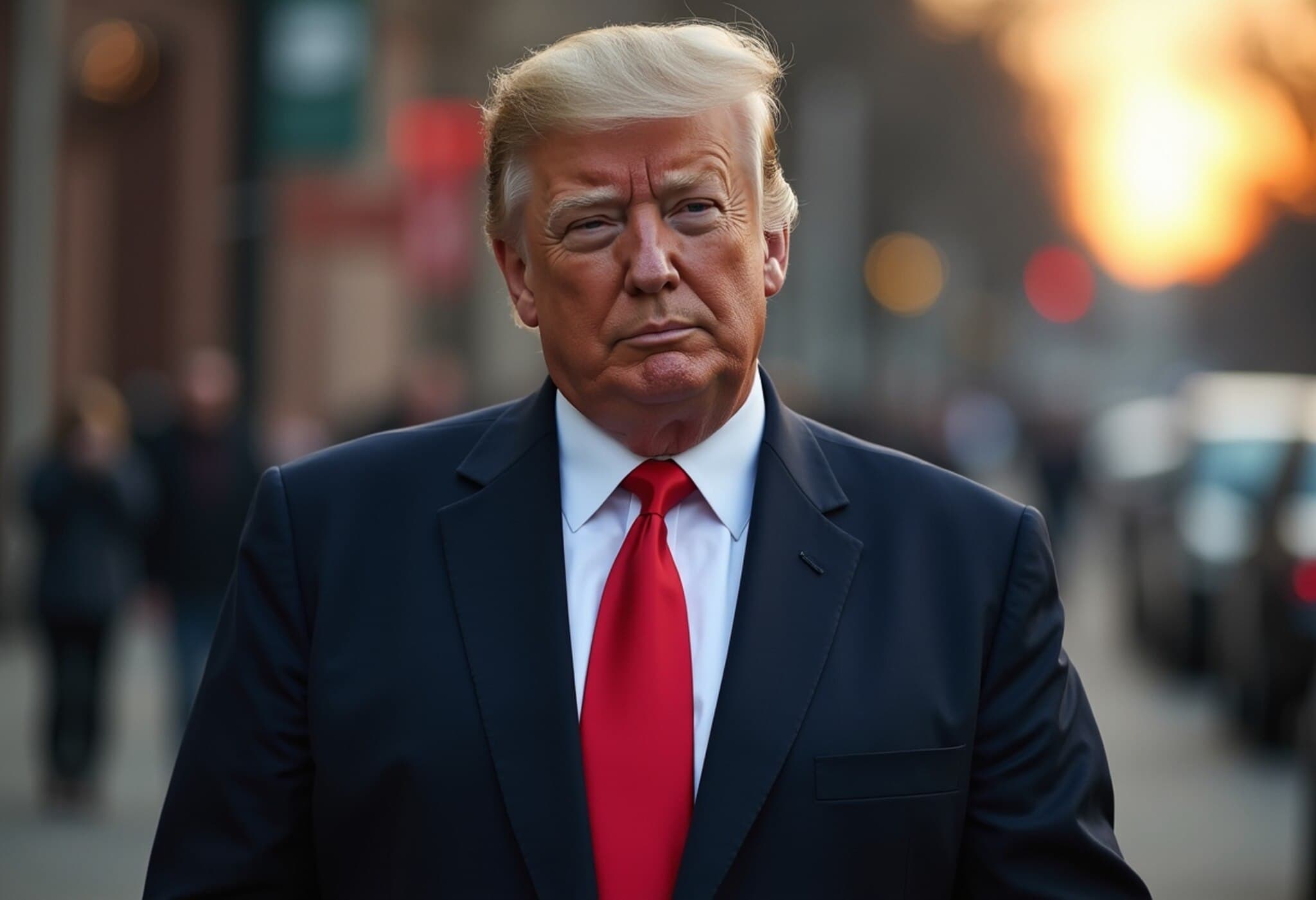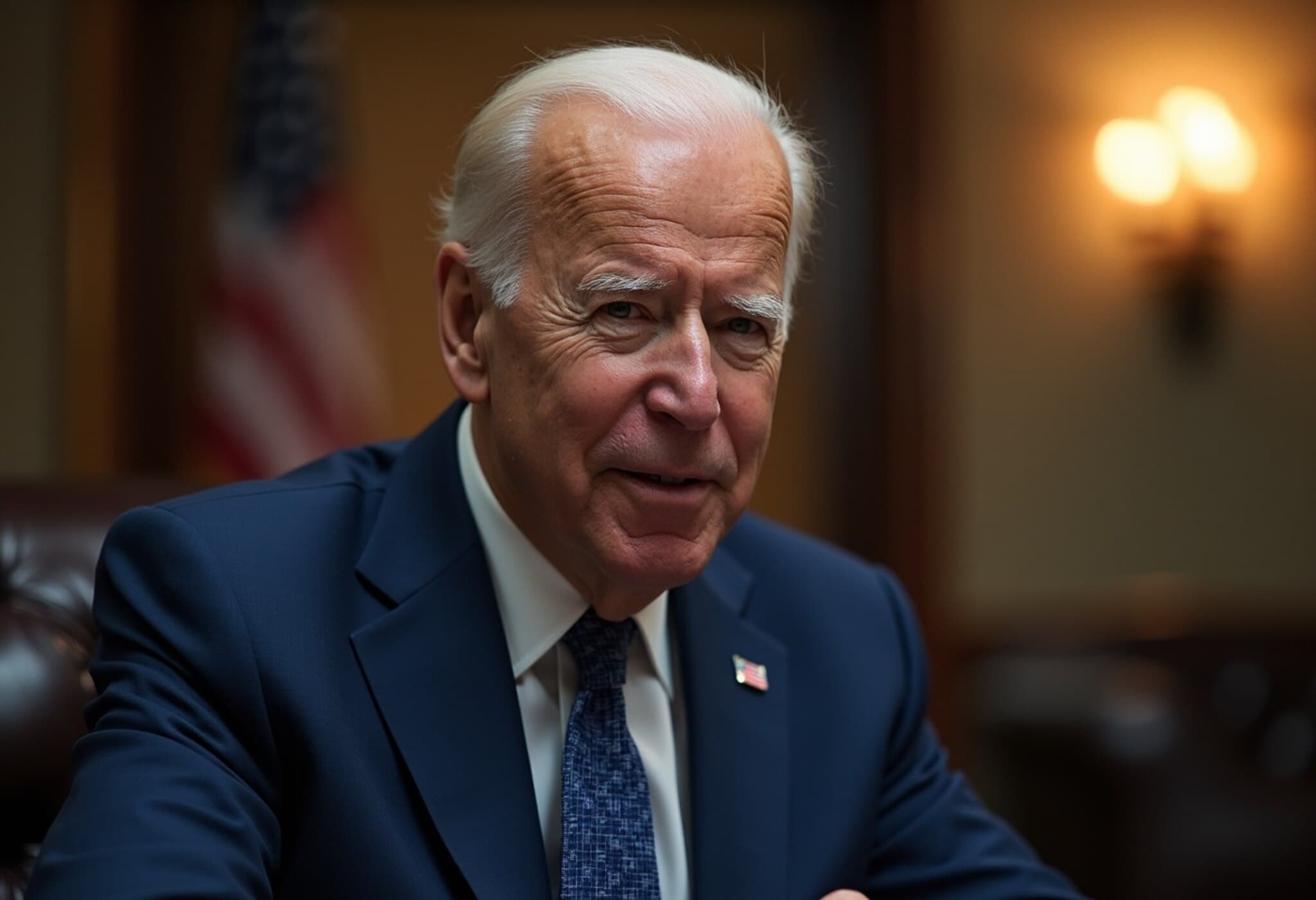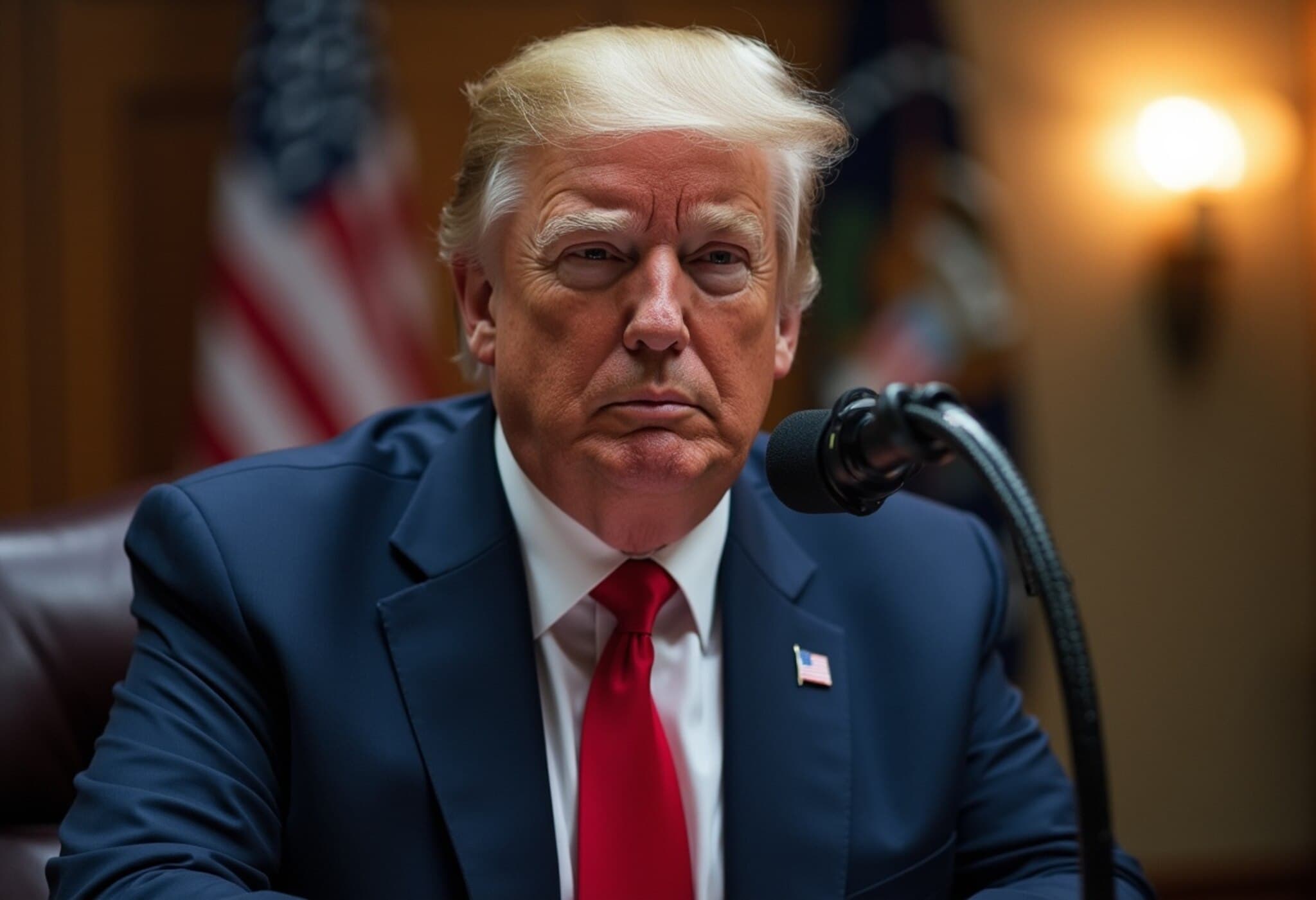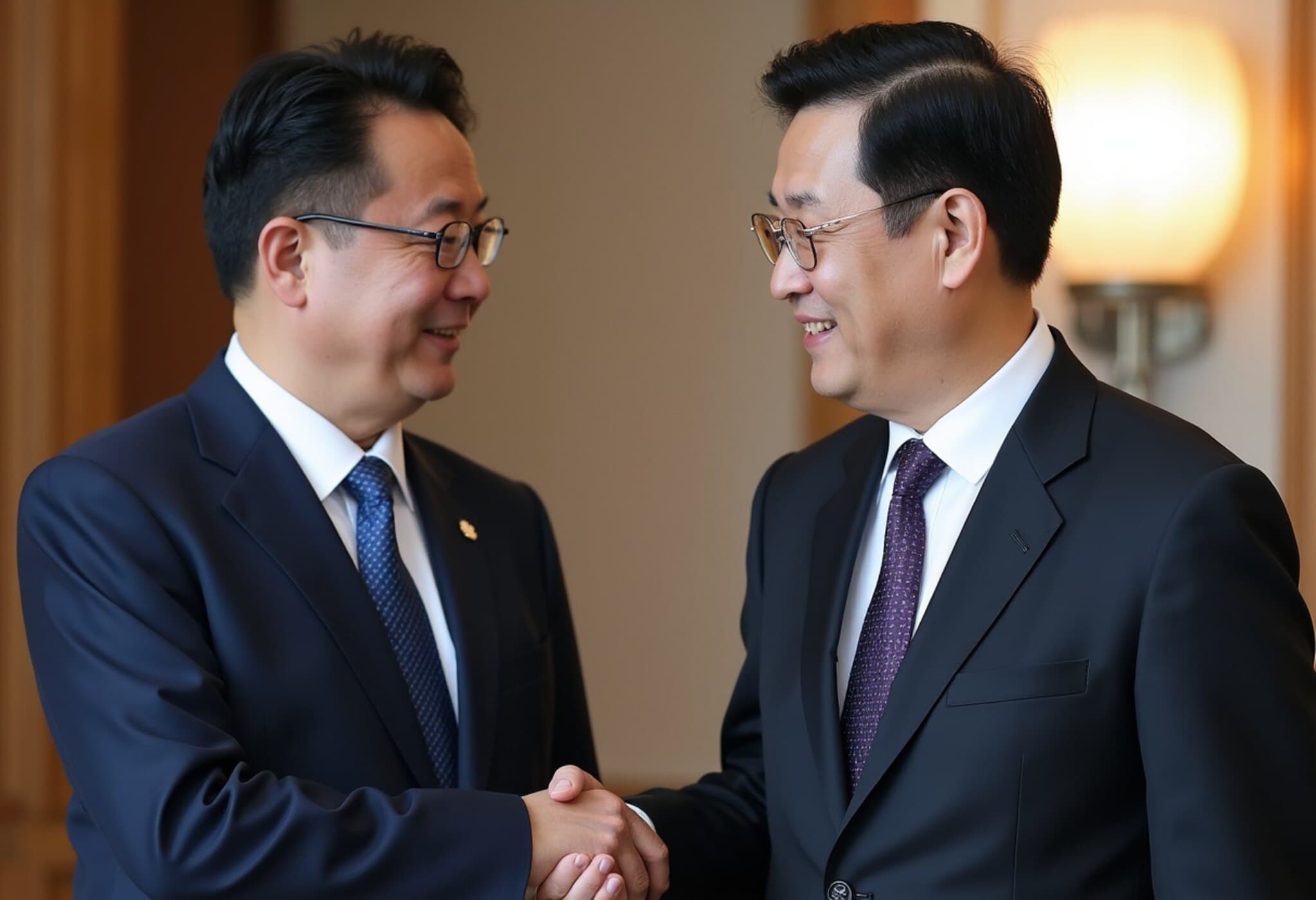Hunter Biden Voices Sharp Criticism of George Clooney
In a recent, no-holds-barred interview, Hunter Biden, son of former President Joe Biden, unleashed a profanity-laden tirade against actor George Clooney. He dismissed Clooney as “not a f---ing actor,” accusing the Oscar winner of abandoning support for his father during the tumultuous 2024 presidential campaign.
The outburst came during a candid conversation with YouTube journalist Andrew Callaghan on the Channel 5, where Hunter did not hold back, expressing palpable anger and frustration over Clooney’s earlier op-ed in The New York Times. In that piece, Clooney had controversially suggested Joe Biden was unfit for another term, highlighting concerns about the president’s mental acuity — remarks widely seen as pivotal in intensifying pressure that led to Joe Biden’s withdrawal from the race against Donald Trump.
Contextualizing the Rift: Celebrity Influence and Political Fallout
Clooney’s intervention marked a notable moment where Hollywood’s star power intersected with national political discourse. Yet Hunter Biden’s scathing reply illuminates how sharply personal and political loyalties can clash, especially in an era when public figures wield tremendous platform influence.
Hunter expressed scorn beyond Clooney, accusing him and his associates of opportunism and lacking authentic empathy for his family’s struggles — an illustration of heightened tensions within public narratives about the Bidens.
Revealing Intimate Struggles: Addiction and Family Trauma
Beyond the confrontation, Hunter Biden opened up extensively about his personal battles. Candidly recounting periods of severe drug addiction, he revealed that during President Trump’s first term, he impulsively purchased crack cocaine near the White House, describing a poignant moment of vulnerability when confronting deep grief after his brother Beau’s death.
His admissions include drinking heavily, experimenting with drugs as a teenager, and at his lowest point, smoking “anything that remotely resembled crack cocaine” — a raw confession rarely disclosed so publicly by figures connected to high-profile political families.
- Key personal insights: Hunter’s narrative humanizes addiction’s complexity amid political scrutiny.
- Refuting misinformation: He firmly denied allegations that he was involved in any drug-related scandal linked to the White House, emphasizing his sobriety since June 2019.
- Privacy vs. public life: The interview underscores the interplay of public perception and private suffering for relatives of political leaders.
Political Commentary Amid Turbulent Times
Hunter also reflected on broader political matters, cautioning against simplifying his father’s role or ascribing undue power to him during his presidency. He dismissed conspiracy theories portraying himself as a de facto chief of staff, clarifying that he spent only limited time in the White House in recent years due to personal challenges.
Moreover, Hunter criticized influential Democratic strategists like David Axelrod and Rahm Emanuel for perceived ideological rigidity, especially on immigration and values, adding a layer of intra-party debate during a fractured political landscape.
Views on Immigration and Foreign Policy
In a striking statement, Hunter declared he would resort to extreme measures if deported American migrants were not repatriated from El Salvador, suggesting he would threaten invasion — an incendiary comment highlighting ongoing tensions surrounding immigration policy and American interventionism.
Expert Insight: The Intersection of Personal Struggles and Political Legacy
Hunter Biden’s interview brings forth a human dimension often missing from the political arena: the toll of addiction and personal tragedy compounded by relentless public scrutiny. Experts note that candid discussions like these might foster broader conversations about how political families cope with mental health and substance use stigmas while navigating national leadership pressures.
Analysts also consider the implications of celebrity involvement in political campaigns — how figures like Clooney influence voter perceptions and intra-party dynamics, as well as how emerging narratives shape or destabilize electoral processes.
Conclusion: Reflecting on the Bidens Amid Complex Political and Personal Battles
Hunter Biden’s explosive outburst against George Clooney, coupled with his forthrightness about addiction and political realities, paints a multifaceted portrait of a family wrestling with public service and private pain. His remarks emphasize the fierce loyalty within the Biden camp, the harshness of political discourse, and the ongoing struggle for personal redemption in America’s unforgiving spotlight.
Editor’s Note
This revealing interview challenges us to consider the intersection of personal vulnerability and public life. How does addiction reshape leadership narratives? What role should celebrities play in political debates? As Hunter Biden’s story unfolds, it spotlights not just individual resilience but also the cultural complexities embedded in America’s political and media ecosystems.

